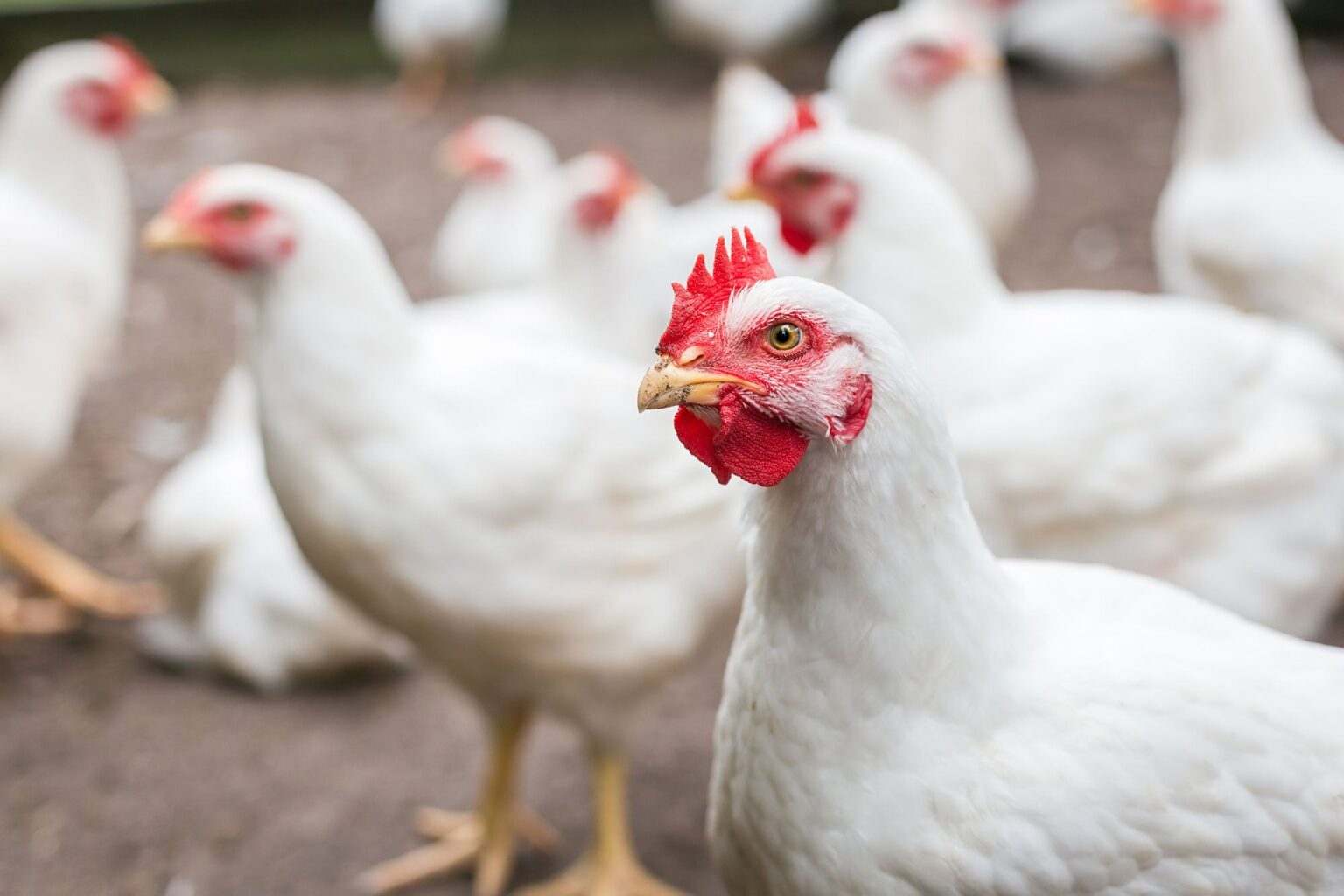The Virginia Department of Agriculture and Consumer Services has announced a presumptive positive case of H5N1 Avian Influenza in a commercial broiler flock in Accomack County. Testing was conducted at the Maryland Department of Agriculture Laboratory in Salisbury, Maryland, with further confirmation pending from the U.S. Department of Animal and Plant Health Inspection Service’s National Veterinary Services Laboratories.
“In addition to working closely with USDA APHIS, VDACS is collaborating with the Maryland Department of Agriculture and the Delaware Department of Agriculture in a unified command structure to respond to all avian influenza incidents on the Delmarva peninsula,” wrote the department. “VDACS has quarantined the affected premises and is performing additional surveillance and testing within a 10-kilometer radius around the affected flock. The commercial flock on the affected property is being depopulated on Jan. 16 to prevent spread of the disease. Birds from the flock will not enter the food system.”
Poultry owners are urged to implement stringent biosecurity measures to protect their flocks. These include limiting farm access, disinfecting equipment, keeping flocks away from wild birds, and isolating sick animals.
VDACS has also advised poultry producers to report any signs of illness or unusual mortality to the State Veterinarian’s Office at (804) 692-0601 or vastatevet@vdacs.virginia.gov.
As wild birds can carry the virus without visible symptoms, VDACS reminds the public to minimize contact with wild birds, practice good hygiene after any interaction, and follow biosecurity guidelines. Hunters are encouraged to dress game birds in the field and adhere to biosecurity practices to reduce the risk of disease transmission.
Currently, the Centers for Disease Control and Prevention reports an ongoing multi-state outbreak with widespread cases of H5N1 in wild birds. Poultry flocks are experiencing sporadic outbreaks, and mammals other than dairy cattle are also susceptible to sporadic infections. To date, there has been no person-to-person spread.
»Related: Study: H5N1 potential for mutation raises human risk


